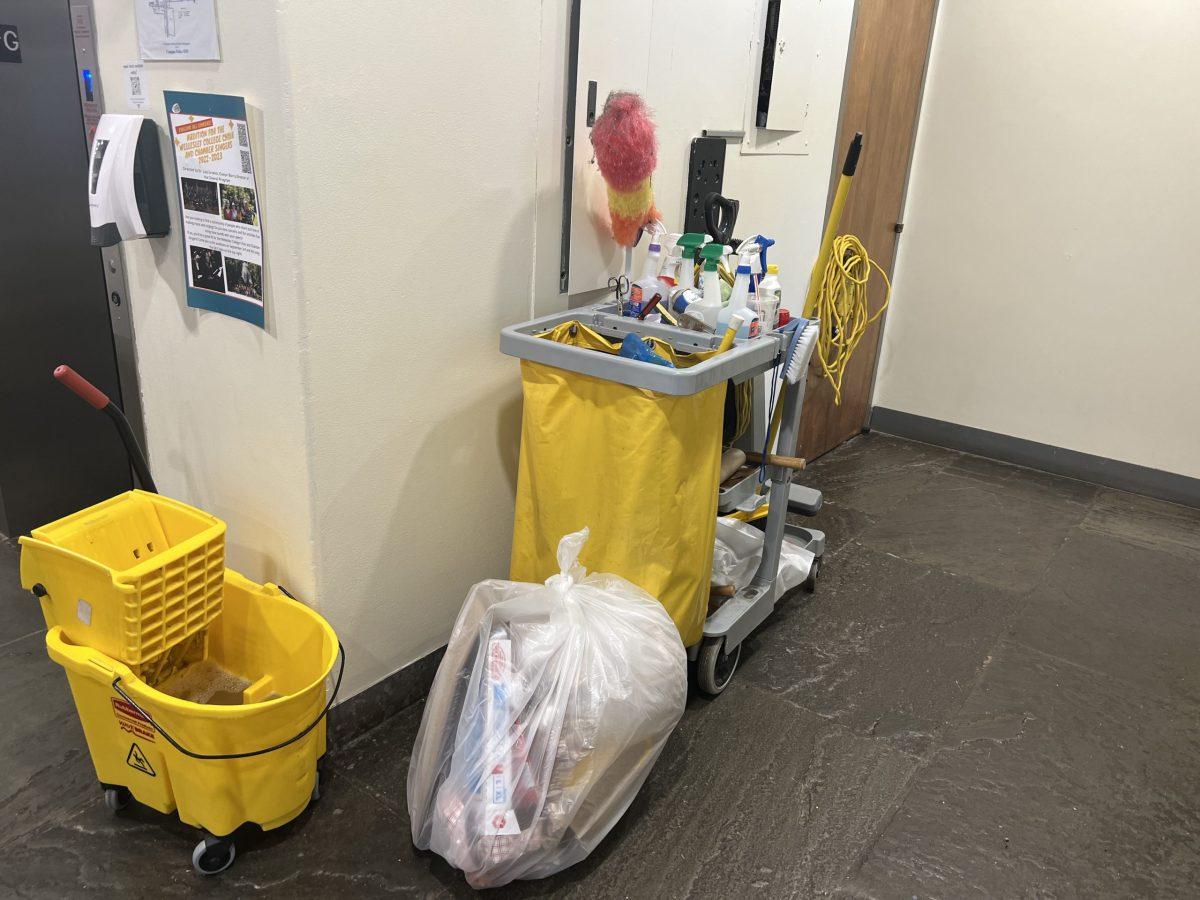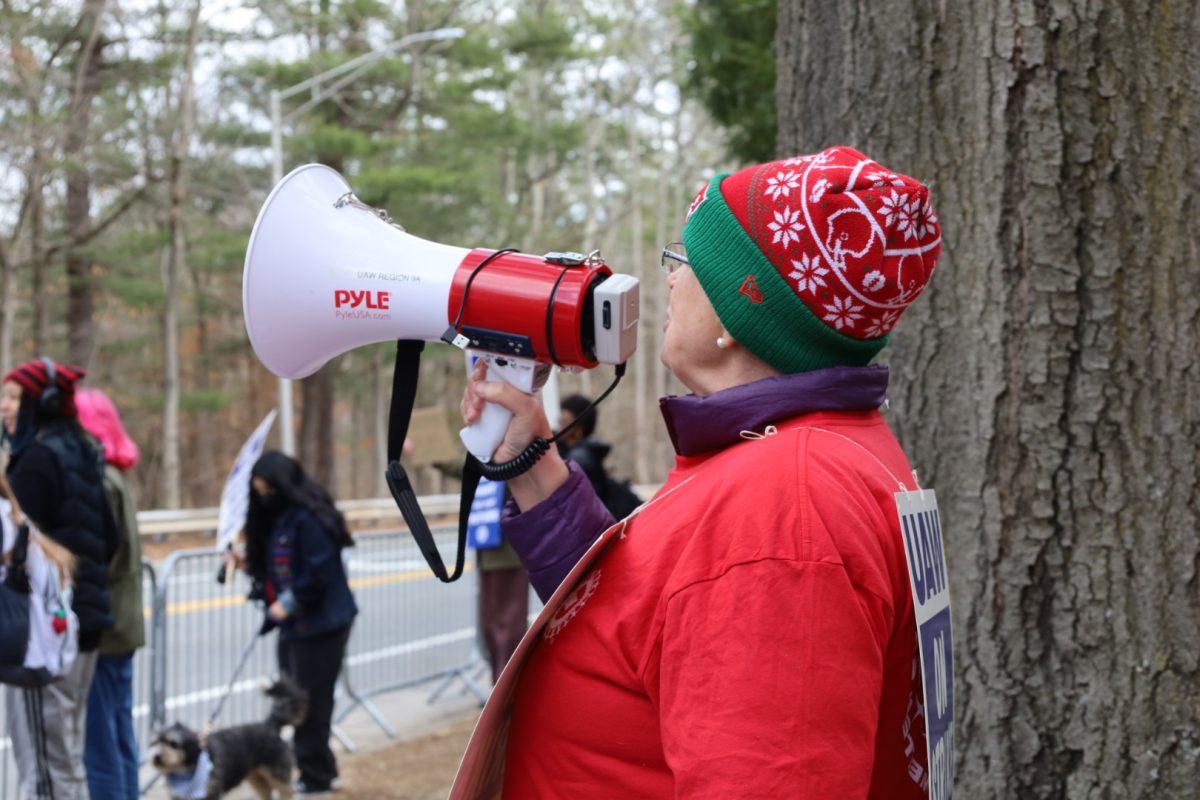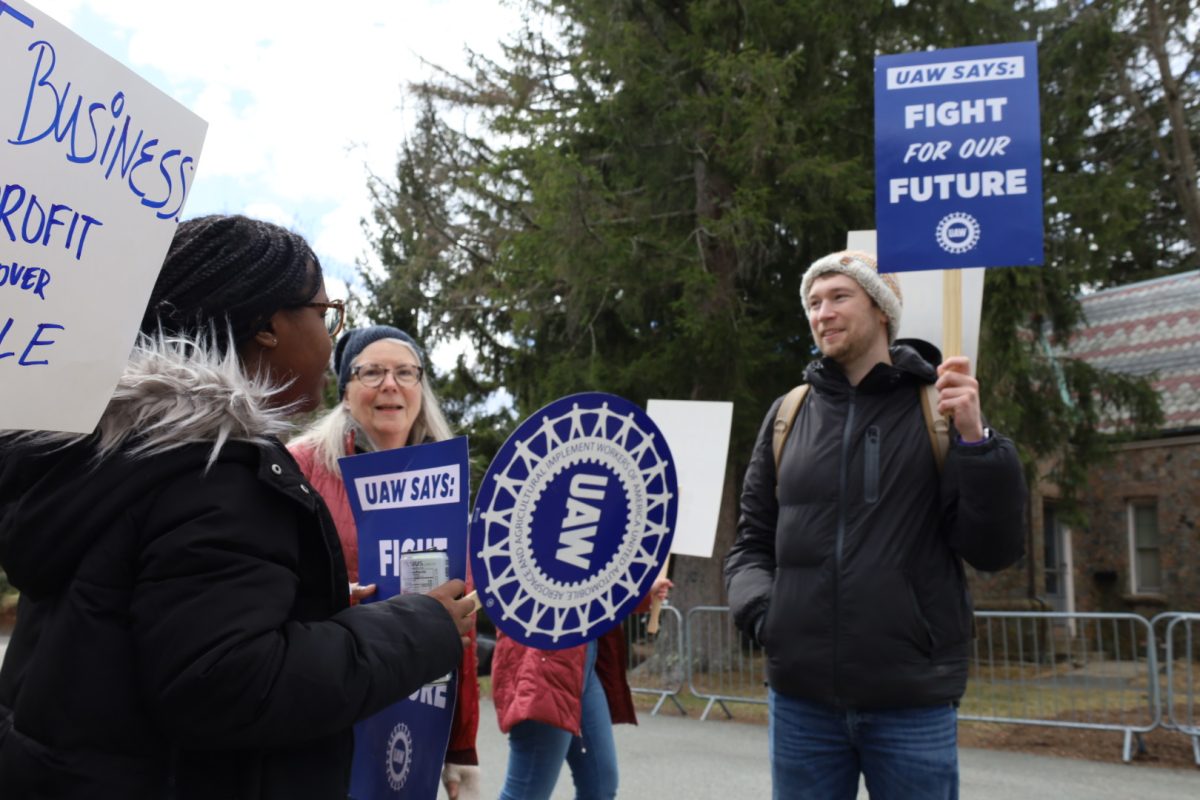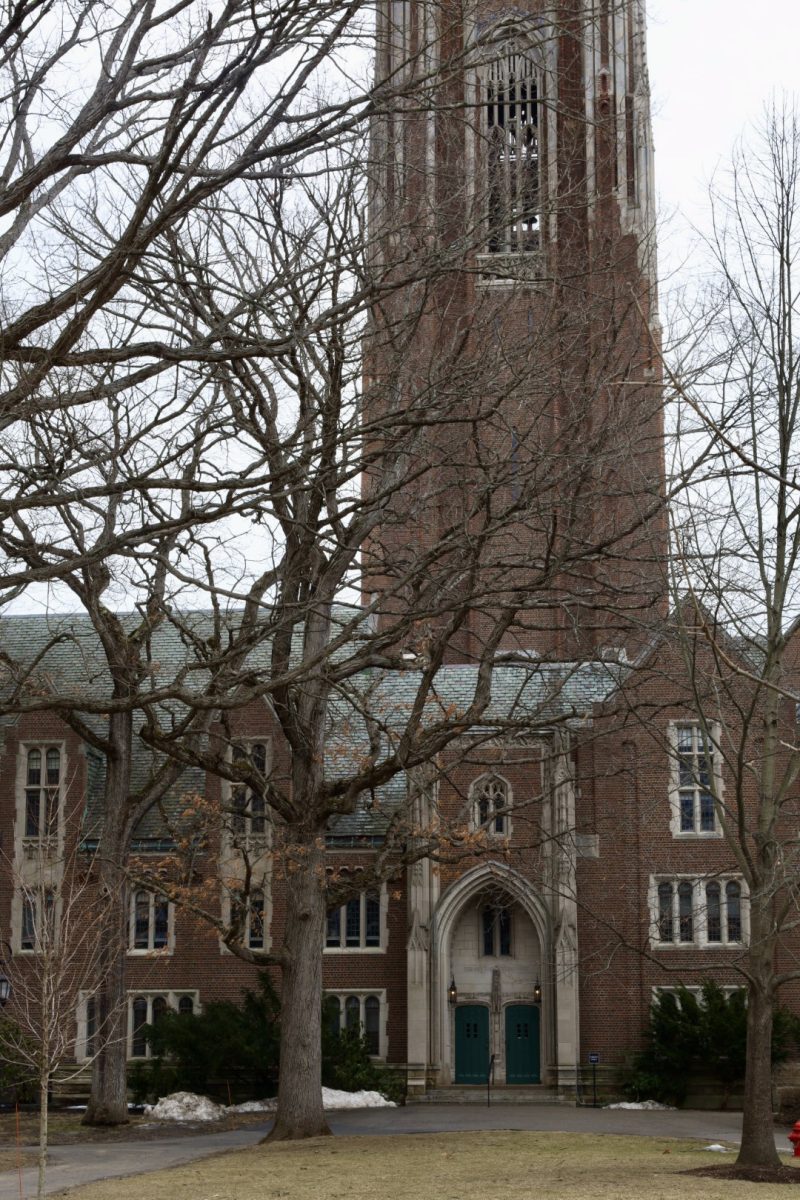The campus’ needs from its custodial staff have changed significantly since the beginning of the COVID-19 pandemic. While 71 custodians are currently employed by Wellesley College, according to Mike Lane, director of operations in Facilities Management & Planning, during the 2020-2021 academic year, the College created 30 additional custodial positions to maintain employment for dining staff and increase frequency of cleanings. Following this academic year, staffing levels were reduced to normal levels.
Changes in staffing have been challenging to adjust to, exacerbated by several staff members currently being out on extended leaves. According to Angela Tebbetts, assistant lead academic custodian, the return of in-person classes and events, shortages in dining hall employees and employee burnout have affected custodial services well into the 2022-2023 school year.
Tricia Diggins, p.m. academic custodian, said the staff shortages have caused her to “triage her cleaning” each day.
“It’s been rough because I started during [COVID-19] when I was looking for dirt,” Diggins said. “If I found dirt, I was like, ‘Oh, I can clean this area,’ so everything was spotless. Now it’s just really painful to see and make the choices as to what goes into tomorrow unclean. I don’t like it, but it’s an absolute necessity.”
Tebbetts and Diggins explained that custodial teams are divided into two types of buildings: academics and dorms. Each group has several lead custodians, who cover short- and long-term absences, but staffing absences frequently exceed the number of leads for each type of building, especially in dorms, due to the sheer number of buildings that need to be cleaned. To make dorm cleaning more manageable, actions such as reducing the number of trash cans on each floor have occurred.
“If people were clean, we wouldn’t have jobs,” Tebbetts said. “It’s not the cleaning that bothers us, it’s the fact that there’s only eight hours in the day. It’s almost like there’s an unreasonable expectation. … If you’re in a building with someone who’s out [on leave or taking a sick day], especially in dorms, you’re going to be asked to cover that person’s area plus your own. But you can’t get two eight-hour jobs done in eight hours.”
Tebbets noted that hiring temporary custodial workers for the duration of a staff member’s leave can help bridge the gap caused by long-term absences. Given that temporary positions are only hired internally, Tebbetts believes that the College has been hesitant to post these positions because they would likely draw workers from dining services, where a shortage would more acutely affect students.
Lane said that the College “follow[s] the terms of the [Independent Maintenance and Service Employees Union of America, also known as IMSEUA] contract in ensuring that Union staff members (in dining and in facilities) have access to [temporary positions] if they are interested. … The College and the Union are continuously working together to ensure that there is adequate staffing across campus.”
As the leader of the Union and Labor Advocacy Task Force, also known as UniLad, in Wellesley Against Mass Incarceration (WAMI), Hannah Grimmett ’25 has been working to raise awareness about issues faced by the College’s maintenance and dining workers and to build solidarity between students and staff. She said that students have begun to notice the effects of custodial staffing changes.
“I have heard people talking about how it doesn’t seem like the services are at the same level they might want it to be, [such as] the frequency of cleanings,” Grimmett said. “Definitely with paper towels running out in academic buildings, or in common area bathrooms that have paper towels, I feel like that’s an area where it’s pretty clearly noticeable that there wasn’t someone who was able to fill that same shift with the same frequency.”
In addition to filling temporary positions more quickly, Grimmett, Tebbetts and Diggins all agreed that the College could do more to boost morale for custodial workers, such as providing incentives for employees to work overtime, especially in dorms, where cleaning needs are more likely to occur after hours. Tebbetts said that the problem has been exacerbated by the fact that the best custodians are most likely to be asked to cover other people’s shifts.
“It’s the same people who are repeatedly getting asked to do more,” Tebbetts said. “That’s wearing on you, not physically as much as [you ask yourself], ‘Why am I getting punished repeatedly?’ It’s not rewarded in any way, there’s no ‘attaboy.’”
Tebbetts and Diggins said they believe student voices could be central to driving action.
“Students should complain, because … administrators in Green Hall aren’t seeing the dorms,” Diggins said. “We hate to have people complain. It’s the worst thing when you’re a custodian, and you have someone complain about your area. But if it’s … impossible to do [the cleaning in time], maybe we’ll get some help.”
Grimmett said she believes that the issues faced by custodial workers are structural, rooted in inadequate compensation for workers, high turnover and an environment that excludes custodians from the broader campus community.
“There [used to be] massive community events, like softball games and cookouts and things like that, that were about bringing workers, faculty, students and administrators all together,” Grimmett said. “Having a time to socialize, connect and have those socially nourishing experiences to maintain the health of a community [is important], and those have slowly deteriorated and gotten us to the point where we are now.”
According to Grimmett, student involvement can start small, such as by forging connections with service workers on campus.
“We would ask you to understand the individual custodians and the struggles they’re facing,” Diggins said.






